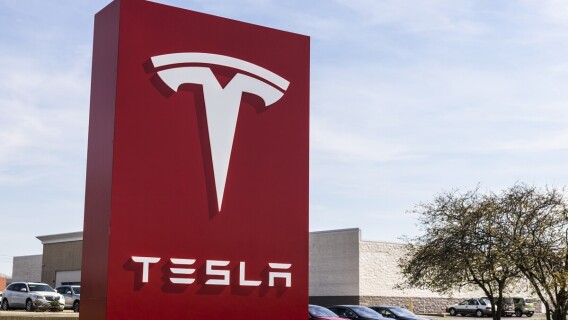One of the biggest immediate beneficiaries of President-elect Trump’s victory on Tuesday night was none other than Tesla (TSLA) CEO Elon Musk, whose personal net worth rose by an estimated $26.5 billion on Wednesday as Tesla stock surged 15% following the election.
The most frequently cited explanation for the rise is simply Musk’s anticipated role in a new administration given his election-related efforts in the closing days of the campaign.
But that obvious explanation fails to capture the potential upside for Tesla as a car company, especially given policy proposals that are likely to hamper other auto manufacturers.
So, let’s take a deeper dive into Tesla’s business and the potential impact of campaign policy proposals and see whether the Tesla stock rally has legs.
[text_ad]
Does Tesla’s (TSLA) Rally Have Long-Term Legs?
The most significant policy proposal coming out of the election is also the proposal most likely to benefit Tesla, namely, tariffs on imports.
Although there’s some fuzziness around what imports may be impacted by tariffs, as well as the scale of the tariffs, Tesla is well positioned in any foreseeable tariff regime.
Low-cost electric vehicles (EVs), especially from Chinese manufacturers, presented the most meaningful risk to Tesla’s sales given that major U.S. automakers are still taking huge losses as they work on scaling up their own EV production (Ford, for instance, lost $132,000 per EV sold in its latest quarter).
In other words, the threat to Tesla is not domestic automakers losing money on every EV sold, it’s Chinese automakers that can already produce EVs at scale and at a lower price point.
Tariffs will, presumably, immediately make Tesla more competitive (if not give them an outright advantage) on price.
Adding to their advantage on that front are their manufacturing inputs.
Reporting from Kelly Blue Book finds that Tesla’s cars are the top four of the five “most American” cars on the road and six of the top 10.
Depending on the model, KBB found that anywhere from 80% to 87.5% of the “content” of each Tesla was domestic.
This significantly reduces headaches from tariffs that could arise further down the food chain, such as sourcing domestic inputs due to higher costs from imports.
Tesla is, in effect, in the pole position of domestic automakers.
Of course, there are valid concerns about how heavily prioritized EV expansion will be under the incoming administration.
The current EV tax credit is in place until the end of 2032, so buyer incentives may very well remain unchanged throughout the duration of the new administration, but it could be repealed in the future.
That said, EVs do have a significant advantage in annual costs, as EV drivers spend about 60% less each year on fuel compared to traditional vehicles.
Even should President Trump heavily prioritize oil production, the fact of the matter is, it likely won’t result in materially cheaper gas or oil than we’ve had under President Biden, simply because we’re already producing record levels of fossil fuels.
That record fuel production also happened to coincide with a record year for electric vehicle adoption that saw 11% year-over-year sales growth.
In other words, internal combustion engine (ICE) vehicles should not be expected to become meaningfully cheaper to own or operate while EVs have reached an adoption tipping point and are becoming more cost competitive.
Even should President Trump repeal the EV tax credit, the lower operating expenses for EVs is enough to offset that lost credit over time, with the time to recoup a higher sticker price plus the EV credit somewhere in the range of 7-12 years, depending on the model.
EV adoption could certainly slow, especially without the federal thumb on the scale, but, by all appearances, there’s no stopping EV adoption now, and Tesla is in the driver’s seat.
[author_ad]

